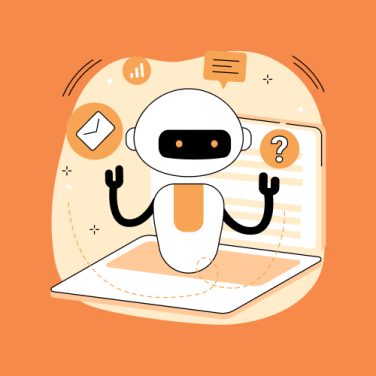Human Resource Management practices have been on an evolutionary journey for many years. This ongoing evolution of HR is shaping the HR function to be more resilient to address the upcoming trends in the business world.
Now, many HR experts believe that themselves and their processes should consistently evolve and transform, to make the “HR’s purpose” more relevant to the changing business context. Purpose of HR, should be to stand toe-to-toe with other CXO level personalities and assist the strategic direction of the company. HR’s contribution to the strategic direction will be creating a competent and skilful workforce to drive the organization toward achieving its business goals.
Well… this is the “HR’s purpose as of today”… However, change and its nature, pace, and direction cannot be predicted. All what we need as enterprises, is to make our processes aligned or re-engineered to accept these shifts. Being a HR Software Solutions provider that helps organizations streamline its human capital, we shall address how the HR function should be streamlined for future. In a nutshell, all HR experts will have to look at more agile, flexible, coordinated, business oriented HR than ever before. Few constituents of this aspired HR model are;
- HR Leaders (CHROs) become the advocate of establishing connections between talent agendas and business results
- Talent strategies and decisions are underpinned by HR analytics… analytical insight that will help raise performance of employees and the organization
- CHROs become the leaders in revising people management strategies, making better networks between department heads and employees
This HR Model re-shapes the “HR Purpose”, through which HR’s measurable contribution to actual business performance will advance in practical ways. Discover how the comprehensive HR software designed by Microimage, serves the new purpose of HR!


